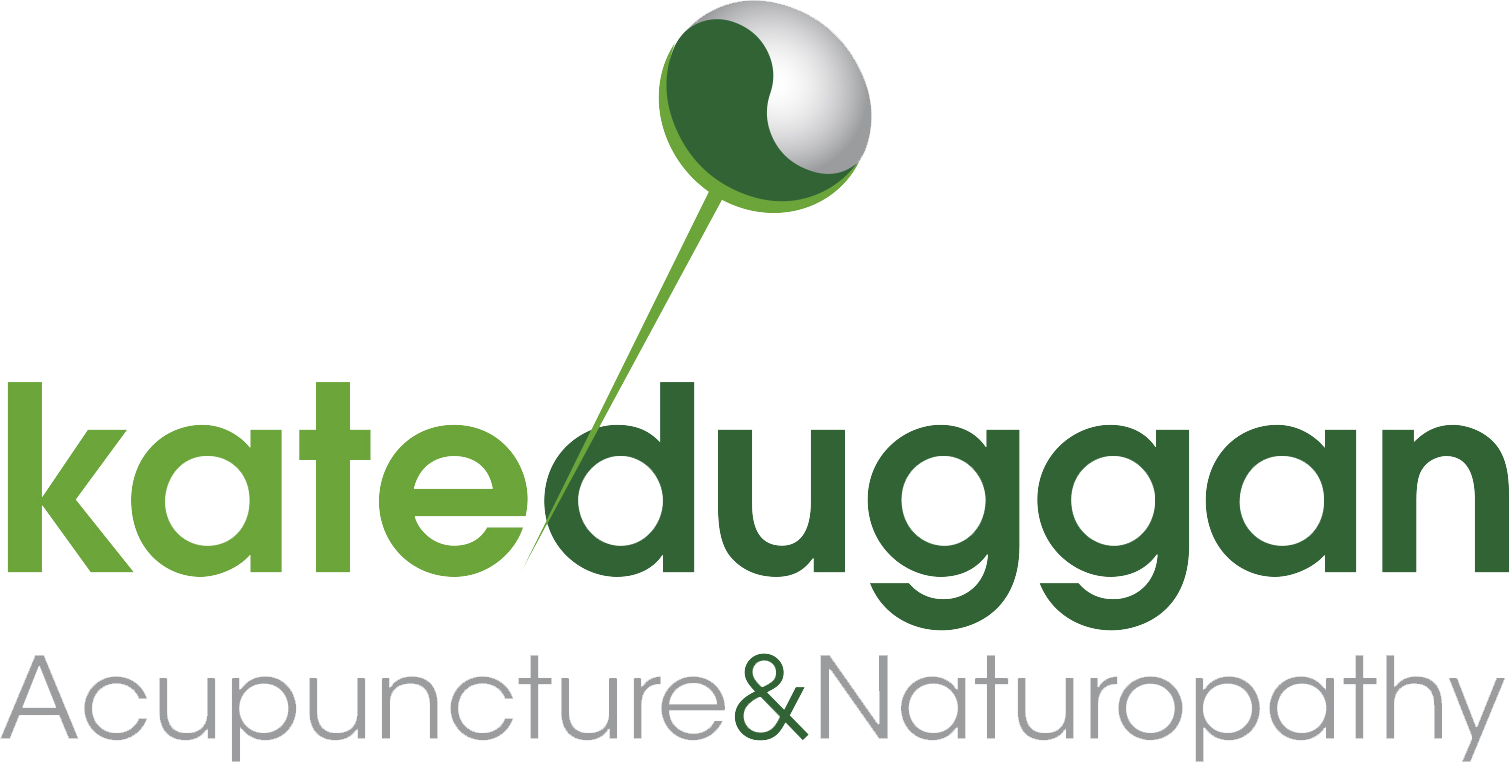Menopause and Chinese Medicine
I recently came across a checklist of symptoms for menopause that contained 33 items. It ranged from anxiety, to dry eyes, to difficulty sleeping and of course much, much more.
There has been so much media attention on menopause recently and while this can sometimes come across as biased in favour of Western hormone intervention (often effective but not possible or the choice for everyone), highlighting what women experience can really only be a positive. Having personally entered menopause myself, I know and understand the frustration of the slow build up of symptoms over many years and wondering what on earth was wrong with me. Was I just being a hypochondriac? Was I imagining symptoms? The self doubt most definitely does not help, but then again, the self doubt itself is probably just all wrapped up in the symptoms of menopause - a catch 22.
When I was younger, I couldn’t talk or think about menopause. And when I say younger, I mean 5 or 6 years ago. It felt like a decline towards old age that I most certainly was not ready for, almost a ticking time bomb to the end of life. My 14 year old son recently covered the reproductive system in science at school. He learnt about the male and female reproductive systems and this included the menopause. My school science lessons definitely covered reproduction but I don’t remember learning detail about the male system or anything for females beyond the birth of a child. Perhaps this is where some of my rejection of the natural changes of the female body come from, it was never presented as natural in the first place.
But peri-menopause and menopause whether it comes early, late or somewhere in the middle is of course part of our natural progression as women. Chinese Medicine has long acknowledged this through the 7 year cycle of life. Although it may feel somewhat depressing that the Chinese 7 year cycle ends at the age of 49, the end of the menses is celebrated as a liberation rather than a loss. With the end of menses, Qi (energy) can begin to be redirected back to honouring and understanding the self and reflecting some of this new wisdom back to society and the natural environment.
To explain this liberation a little further, the reproductive development of both men and women in Chinese Medicine is related to the Kidney Qi (energy). Kaptchuk (2000) in his book ‘The Web That Has No Weaver’ explains how the Kidneys in Chinese Medicine store the ‘Will’ in both the Yang and the Yin form. The Yang will is the big, forceful, influential decisions that shape the journey of a person’s life. It is often the young self and a person’s ultimate fire. The Yin is the other other side of this, the side that we become more in touch with as we mature:
‘The Yin Will is elusive, almost intangible. It is noticed in stillness … The Yin Will is about the inevitable, about a direction we each move toward that can be seen only when we turn around and look at how we have developed through time. It is about fate and destiny’ (Kaptchuk, 2000, p. 86).
When the Kidney Yang (the certitude, the decisions and the fire) intertwines with the Kidney Yin (the stillness, the unknown, the acceptance) then wisdom is found.
I am grateful that the conversation about menopausal symptoms and experience has begun and that women are finding different support systems that work for them. Acupuncture is one tool among many that can help address nearly all of the symptoms I saw listed. My hope for our daughters is that over time, as we find more and more resources to address the symptoms, we can celebrate and not fear the innate beauty and wisdom of our changing essence, to honour the self through all stages of life and to reflect this love back to our surrounding environment.
